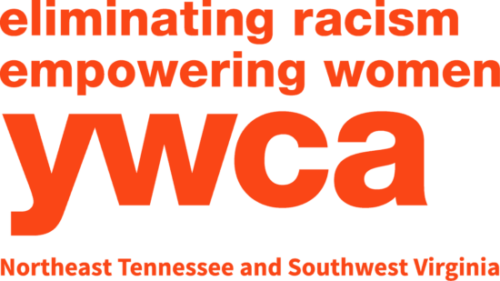YWCA NETN and SWVA Recovery Ecosystem Needs Assessment

Title of Project: YWCA NETN and SWVA Recovery Ecosystem Needs Assessment
Project Period: 2022-2023
Localities: Smyth and Washington Counties, VA
Funding Source(s): Appalachian Regional Commission (ARC) INSPIRE Initiative
Principal Investigators (PI): Scott Tate, Associate Director for Community Innovations, Center for Economic and Community Engagement (CECE); Lara Nagle, Community-Based Research Manager, VTIPG
Co-Investigators: Ashley Posthumous, Economic Development Specialist, Center for Economic and Community Engagement (CECE)
Key Community Partners: YWCA of Northeast Tennessee and Southwest Virginia (YWCA NETN & SWVA)
Key University Partners: Center for Economic and Community Engagement (CECE)
Description of Project:
YWCA NETN and SWVA was awarded a 2022 INSPIRE Initiative grant by the Appalachian Regional Commission (ARC) to fund a community needs assessment, which was conducted by Virginia Tech. The VT team reported on key findings from the interview, survey, and data collection process of identifying wraparound services, gaps, and networking capacity to strengthen the recovery ecosystem in the YWCA service area, and to inform the vision for a planned community wellness and resource center in Glade Spring, VA, to increase family resiliency.
Project Goals:
1) Identify existing regional organizations and programs that offer health and wellness and substance use disorder (SUD) recovery services, as well as those that focus on workforce development and family success environments.
2) Review existing data and studies from regional and local development entities, local governments, and nonprofits.
3) Conduct semi-structured interviews, focus groups, and surveys with regional partners to identify existing resources, as well as needs and gaps in the recovery ecosystem, with a particular focus on workforce development and recovery-to-work supports.
4) Use secondary data sources, including demographic and population trends, household income patterns, inter-regional transportation and commuter patterns, and related data from area organizations and partners to develop an overview of the potential “market area” and its features for future program offerings.
5) Identify partners’ primary and support activities, populations served, and the specific assets of each partner. Outline ways to better collaborate and align workforce, recovery and related program offerings. Provide a regional Strengths-Weaknesses-Opportunities-Threats (SWOT) overview of where the region and specific organizations are excelling and where gaps and opportunities exist, including coordination and collaborative development of new activities.
6) Plan and conduct a half-day conference to present the study findings and facilitate breakout sessions with attendees to discuss and gather input on key aspects of the findings. Incorporate this feedback into the final study report.
Project Outcomes:
In addition to developing a report outlining key treatment, recovery, and wraparound services, gaps, and networking capacity needed to strengthen the recovery ecosystem in the YWCA service area, the VT team also helped the YWCA NETN & SWVA develop a vision for a planned community wellness and resource center in Glade Spring, VA called the POWER House, to increase family resiliency. The group presented its findings and facilitated discussions of those conclusions at the YWCA's collaborative symposium at Emory & Henry College on May 4, 2023.
The assessment informed a subsequent INSPIRE Implementation grant proposal, which was awarded to the YWCA for $500,000. YWCA NETN & SWVA’s project was one of only 43 funded across Appalachia in 2023 and one of only two grants awarded in Virginia. You may read more about this effort here.


